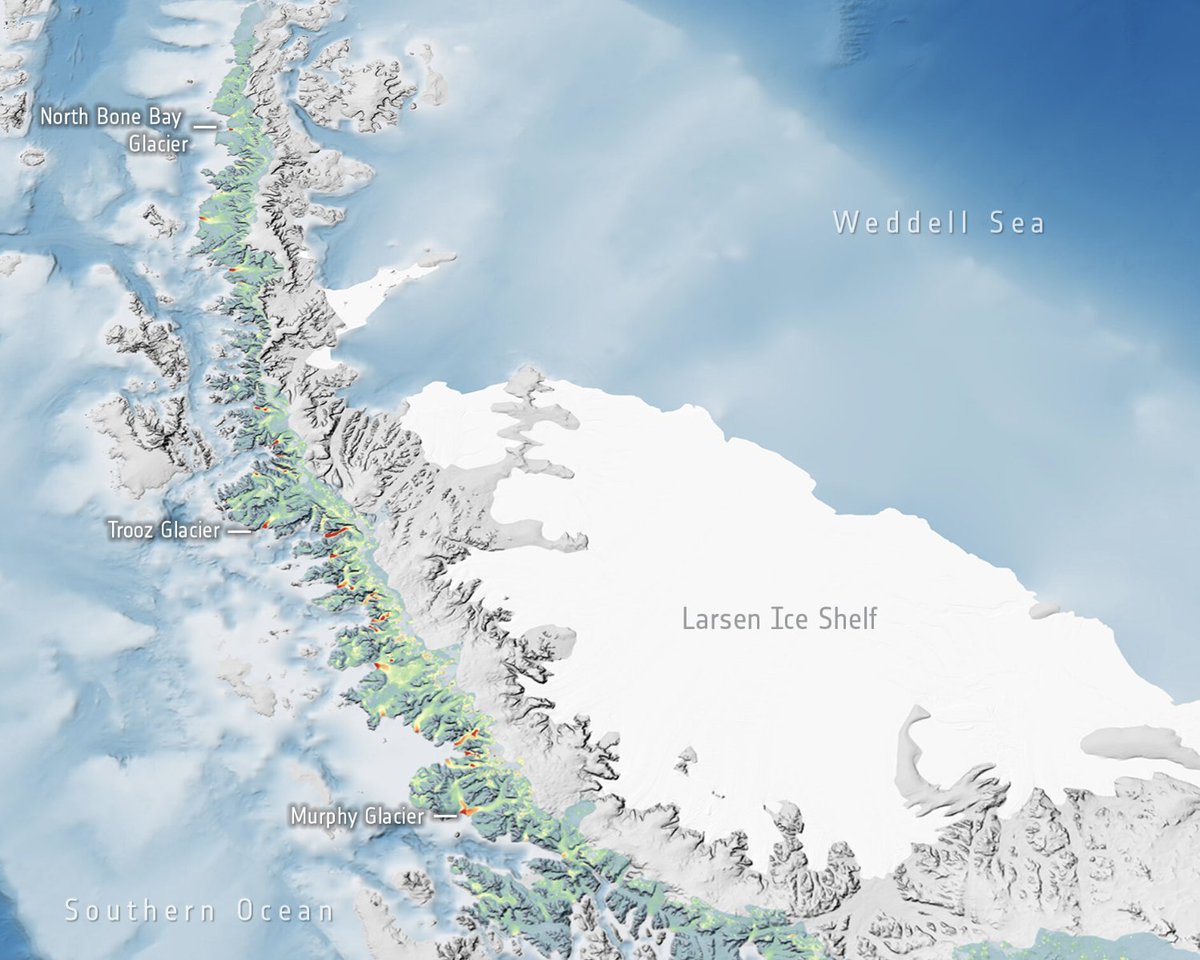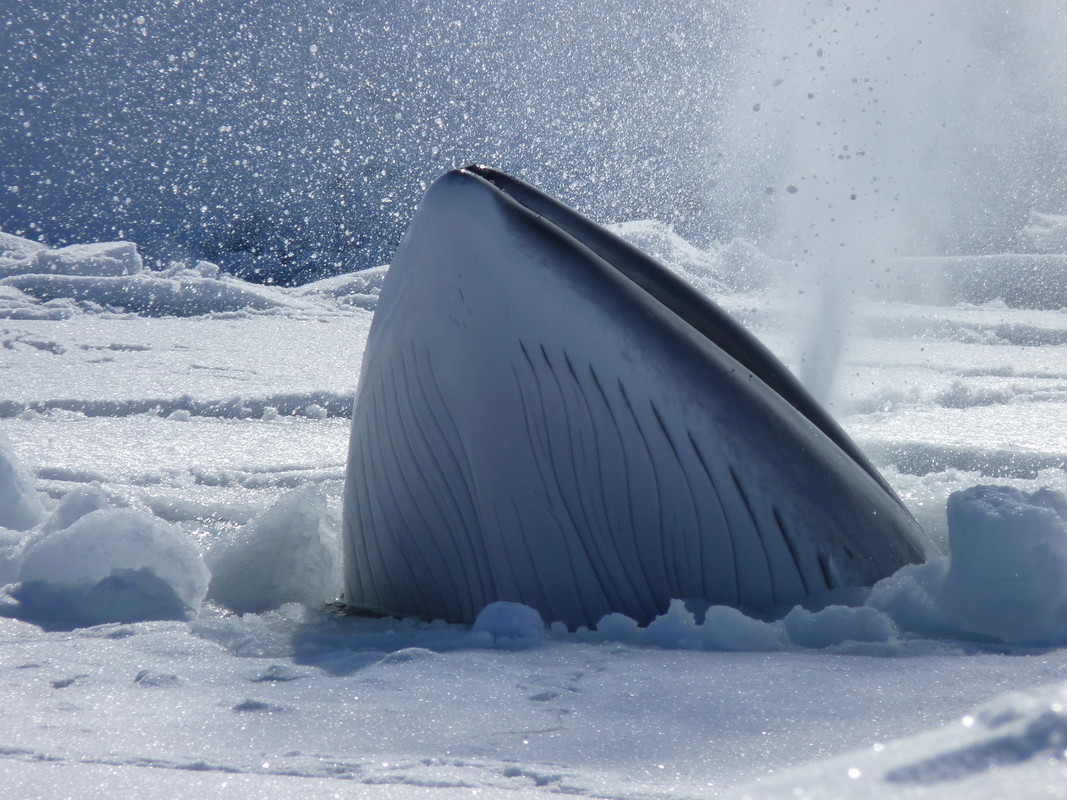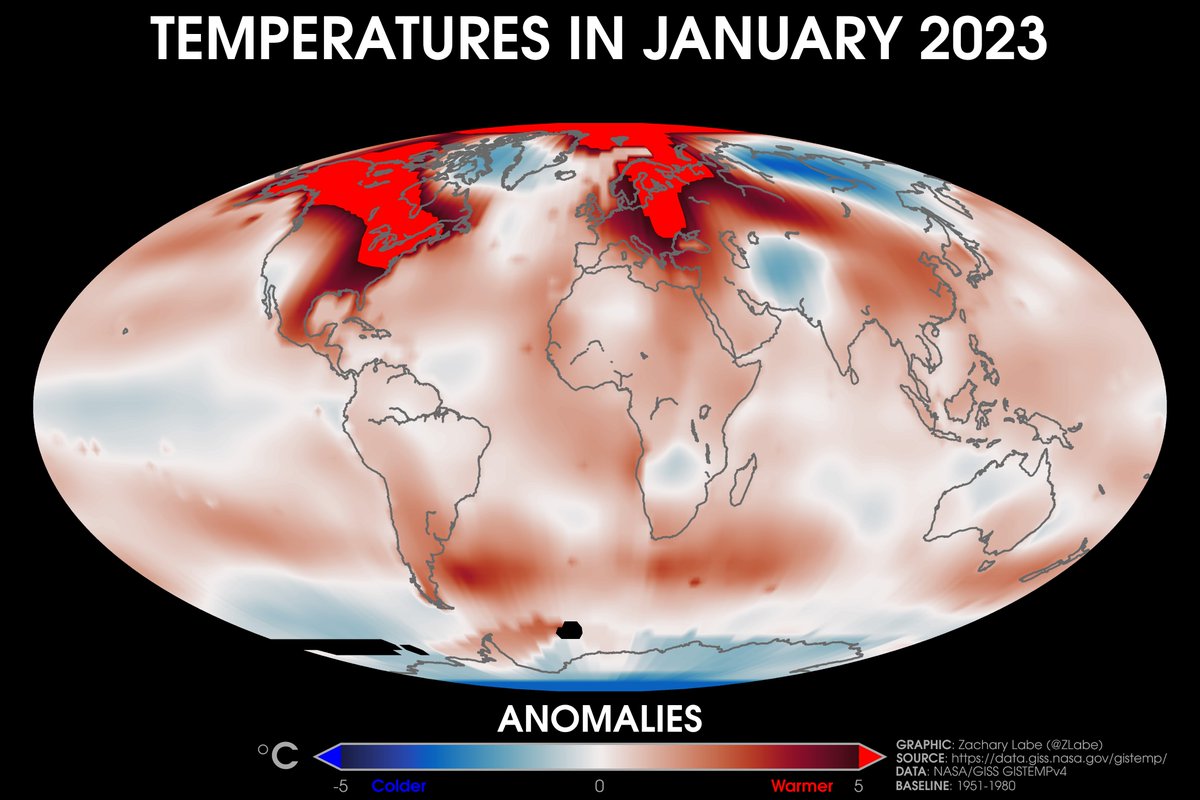
Oceanites
@Oceanites
We are the world’s only publicly-supported nonprofit research program monitoring the vastly warmed Antarctic Peninsula.
ID:15301456
https://oceanites.org 02-07-2008 20:26:20
1,5K Tweets
2,0K Followers
1,5K Following



Dramatic #climate changes in #Antarctica : 'The potential impacts of a slowing and warming Antarctic current could be dramatic, even impeding the flow of the Gulf Stream and rendering Arctic conditions to northern Europe.' al.com/news/2023/04/u… James McClintock

On #WorldPenguinDay check out this new video about Oceanites work on the impacts of #climatechange on penguin populations in #Antarctica . youtube.com/watch?v=93BdHm… GW University








After decades of talks UN agrees to protect biodiversity in the high seas: “Comprehensive protection of endangered species and habitats is now finally possible on more than 40 percent of the Earth’s surface.”Patrick Whittle Christina Larson The Associated Press pbs.org/newshour/world…

At the start of February I went to #Antarctica with Oceanites to collect important #penguin data. We visited Chinstrap colonies on the Tetrad Islands carrying out counts & #dronesurveys . Check out my Cesium story board for info & 3D models I created
ion.cesium.com/stories/viewer…

In #Antarctica , sea ice melt has accelerated in the past decade: 'melting of the Antarctic ice sheet... will continue to contribute to sea level rise for a long time, which will test the adaptive capacity of humanity.' theconversation.com/the-antarctic-… La Conversation Canada #StandWithPenguins

Study: #Antarctic Peninsula's glaciers melting faster in warmer summer months. “The Antarctic Peninsula has seen some of the most rapid warming of any region on Earth.' esa.int/Applications/O… European Space Agency


Stronger El Niños could increase Antarctica melting and have a “double whammy” effect 'worsening extreme weather – heat, drought and bushfire risk in eastern Australia and floods in California, Peru and Chile – and accelerate sea level rise.'
theguardian.com/environment/20… Adam Morton







